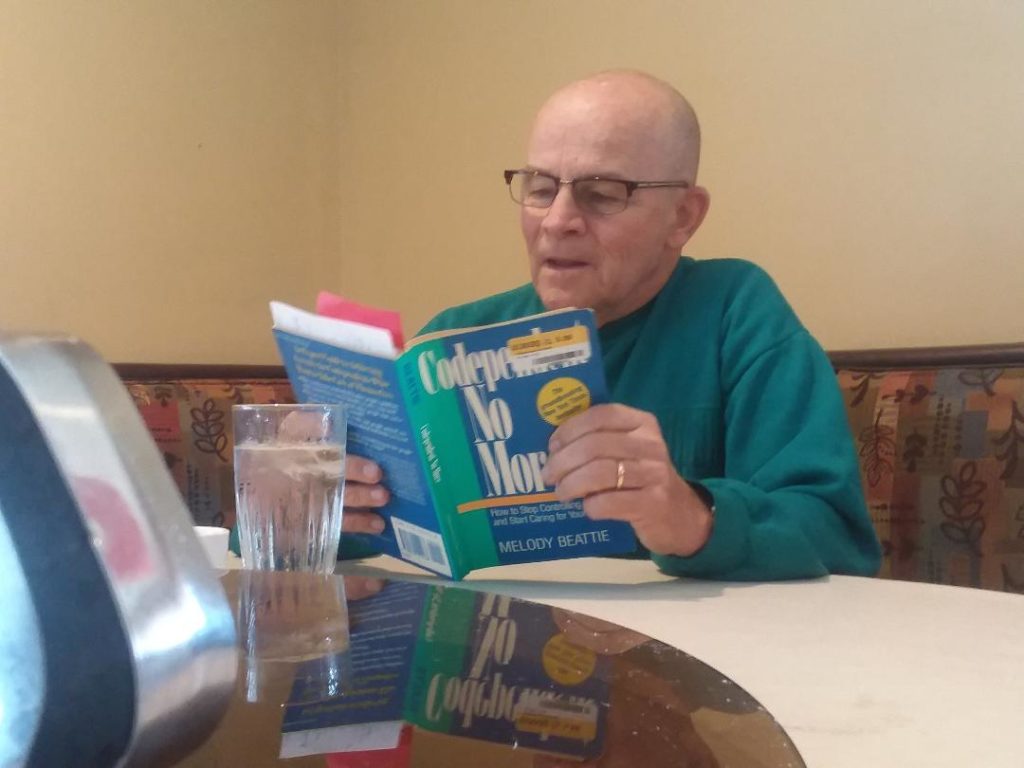
I worked sixty hours last week, six days ten hours each. It is a return to the immense hours I have been working for decades. Carefully, I observe myself, checking thoughts and priorities. Exhausted by a lack of sleep, staying awake to attend a Big Book meeting and then Mass at St Paul Shrine, I was surprised by a lunch invitation, extending myself further with an accepting. The lunch proved splendid. The gentleman inviting, Big Myron, has been a presence over the last several weeks. He is a college professor, cultured and world traveled having been to the Lourdes grotto twenty-one times. His devotion to the Eucharist is authentic, practical in approach based upon healing. He explained he was meeting with two other men to discuss codependency. His friend, the man in the photo, took the lead, once assigned by Big Myron. He was told one learned best by teaching. Thoughtfully, he read form the book: ‘Codependent No More’. The fourth man was a retired priest. He presented the question whether one could be codependent upon religion. The discussion moved to the topic of solitude contrasted with loneliness and self-loathing. I am pleased to recognize a new group of male friends. We will meet on Fridays and Saturdays. Fridays discussing Aristotle, Augustine, and Aquinas, while Saturday is open for a concentration upon codependency. I appreciated Big Myron’s focus upon applying knowledge to daily living. I was astounded he possessed intimate knowledge of the writing and life of J.K. Huysmans. His familiarity with Lourdes, recently reading Huysmans expound upon the naturalist French writer, a contemporary, Emile Zola writing about his experience at Lourdes, made me bring up the movie ‘Lourdes’—a precious movie in my mind. The film is a realistic approach to Lourdes. Within the miracles and wonder, a pragmatism touches. I recommended the movie to Big Myron, stressing an effort going beyond dogma and into transformation. He turned to the other men exclaiming they must watch it. Once again, I watched the movie this morning. I decided to repost a post I did after the initial viewing.
I love the ending of this movie ‘Lourdes’. The underplay of dramatics sweeps my heart subtly into profoundness. Obedience witnessed. The entire movie is touching with its minimized need for grand pronouncements, or the vanity of declarative statements. The lack of action and emotion promotes honesty; moving the heart with simplicity, stimulating the mind with wonder. Christine, a charming young woman with multiple sclerosis, experiences a miracle visiting Lourdes. During the middle of the night, unseen, away from the crowds, lacking any form of melodramatics, she rises from her bed and walks into the bathroom to fix her hair. She miraculously gains the use of her legs, able to walk, while seemingly embarrassed for experiencing such a tremendous miracle. Not in the least does she receive the miracle with dramatics, loud proclaiming, nor tears aplenty. Preceding the final scene, she dances with the young man the French nurses all admire. She falls while dancing. The final scene with her mother, after the fall on the dance floor, at first refusing the wheelchair her mother offers, the captivating, beautiful young woman watches and listens to everything before her. The passion within her culminates. It is obvious. She wants to dance. She wants to sing. She wants to love a young man. She wants to be like the nurses, similar young women her age enjoying health and life, able to give to those less fortunate. Within all her heart, within every ounce of her being, within all her understanding, she wants to live life to its fullest as a normal young lady. Her chest heaves, she struggles so deeply with all of her passions, passions that are not evil. In the end, she concedes, acquiescing to the wishes of God. Disarming with her understated eloquence, she accepts. If it is meant for her to be in a wheelchair so be it. She sits in the wheelchair, the scene framed in blackness. Miracles are not necessary for her happiness, her faith. Mysteries are left mysteries. Happy or sad worldly endings are not witnessed as finality. I like the final comment by one of the two older women at the dining table. ‘Do you think there’ll be a dessert’? The movie fades to black as the singing continues with the delightfully catchy French pop song. The will of God is left uninterpreted, darkness regarding ultimate answers remain unanswered. That is a tremendous scene of faith. The faith St John of the Cross writes of in the above quote.


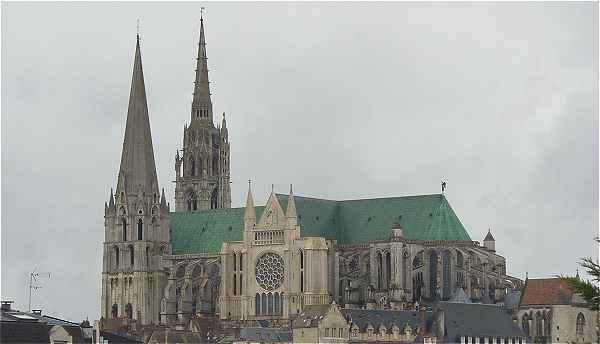


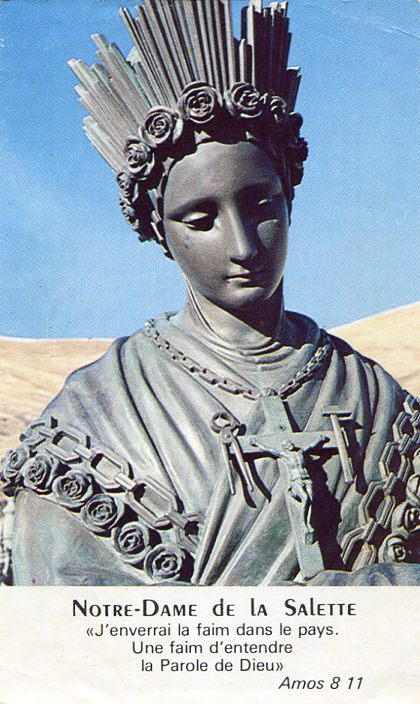
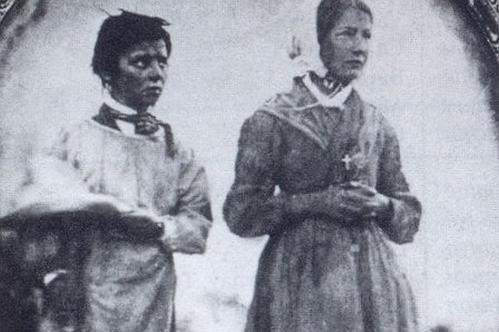
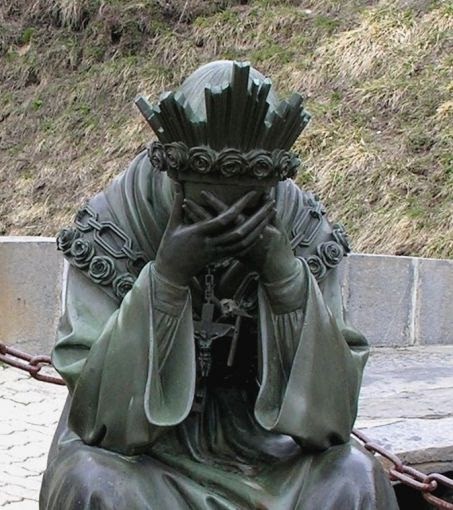
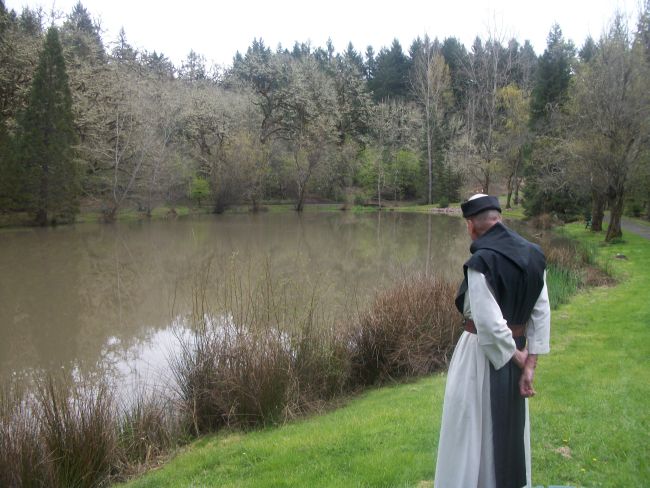
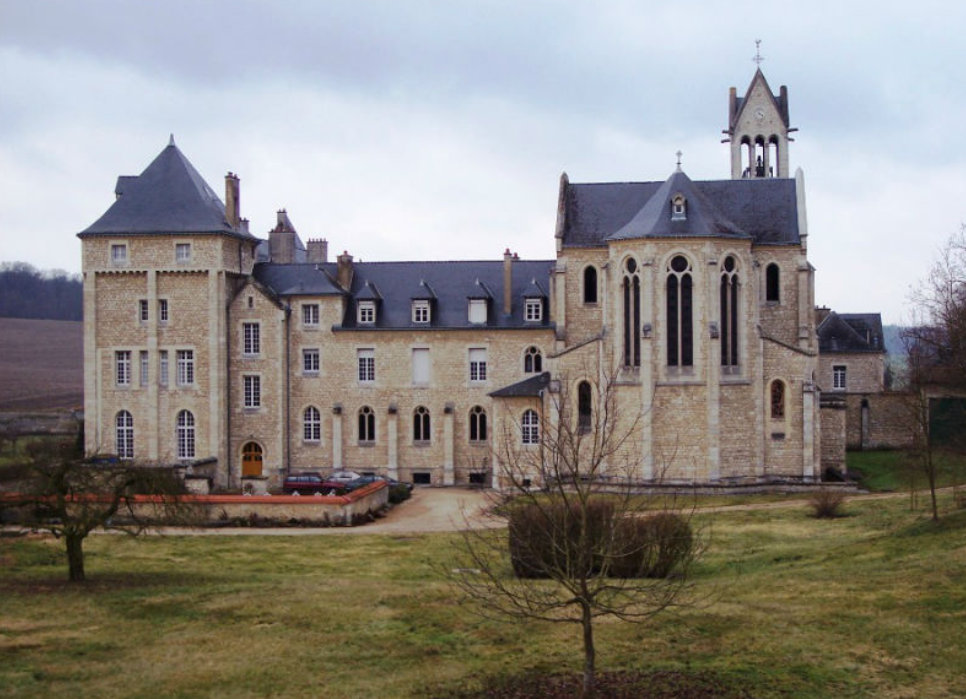
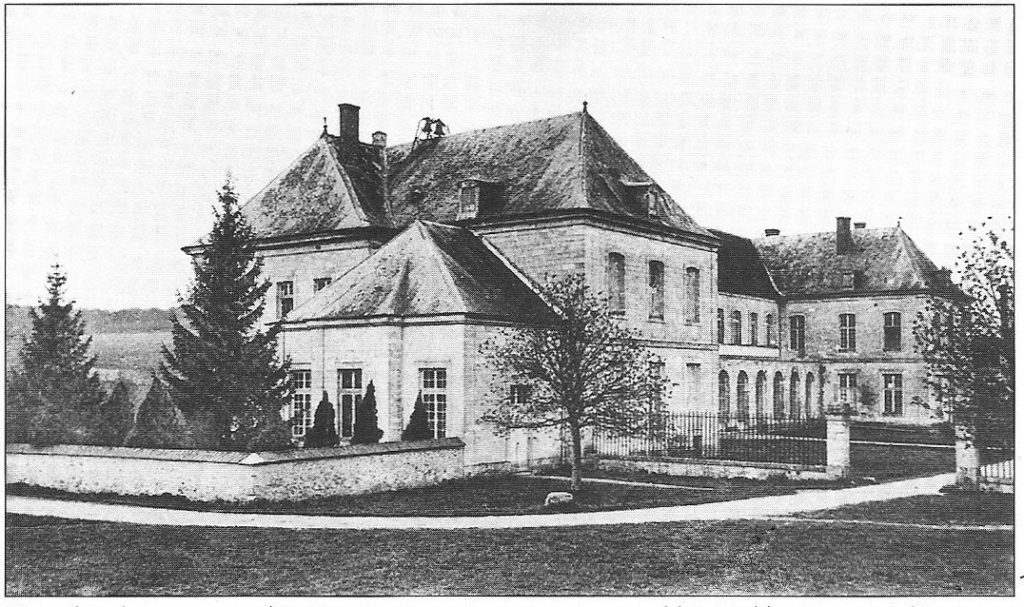



Recent Comments